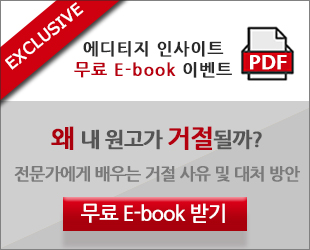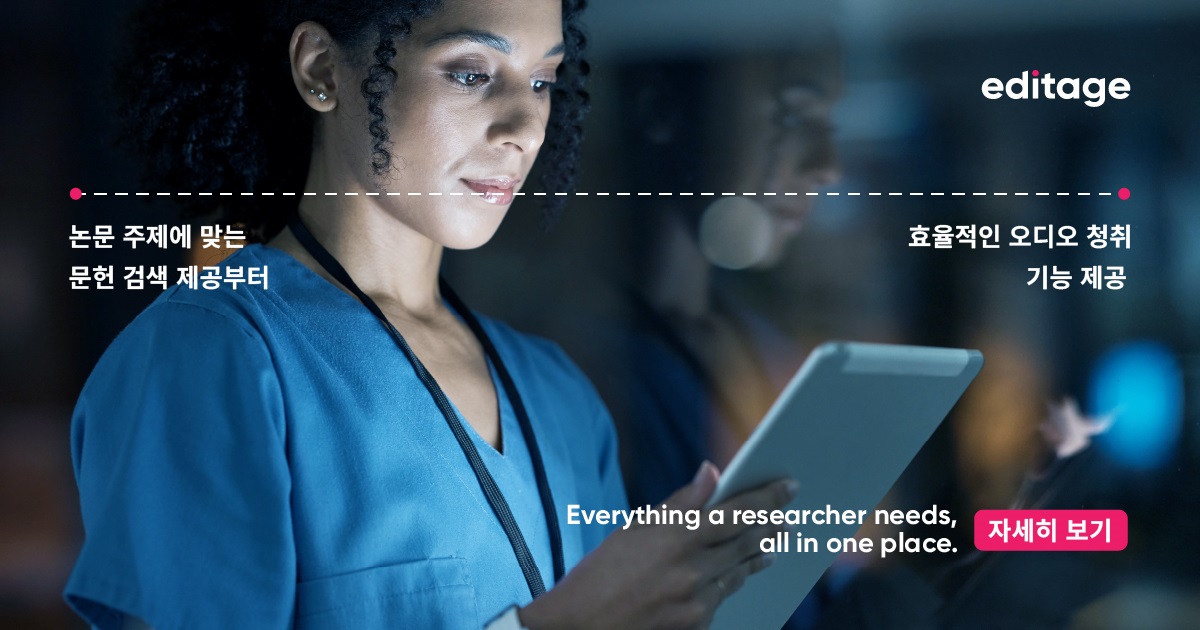Denmark-born, American anthropologist Helle V. Goldman is the Chief Editor of Polar Research, the international, multi-disciplinary, peer-reviewed journal of the Norwegian Polar Institute (NPI). She has been at the NPI, part of the Ministry of Climate and Environment, for 16 years. She holds an MA (1990) and PhD (1996), based on fieldwork in Zanzibar, in social anthropology from New York University. In her free time Dr. Goldman visits Botswana, where her family has a few hectares of wilderness on the edge of the Okavango Delta. She also edits works of fiction and translates books from Norwegian to English, including Norway in the Antarctic: from conquest to modern science (by J.-G. Winther et al., published by Schibsted in 2008). She lives above the Arctic Circle, in Tromsø. (Many of her publications are available upon request. Picture of Goldman is by the courtesy of Ann Kristin Balto, NPI.)
This is the last part of the three-part interview series with Dr. Goldman in which she sheds some light on submissions from international academic authors.
Are manuscripts submitted from China, Japan, etc. of the same quality as those from the US or Europe? Do you have any suggestions for East Asian researchers to improve their manuscripts and chances of acceptance?
We get high quality and low quality submissions from all over the world. At Polar Research we understand that our contributors have varying levels of proficiency in written English and we appreciate the challenges they face in writing in a language that is not their mother tongue. We recommend that authors who are not confident about their proficiency in written English have the writing checked by a professional (one with experience in science writing) before submitting their work. (Our website lists several companies providing these services.) All accepted manuscripts undergo a thorough round of editing and copyediting to polish up the presentation before they are published, but we are unable to undertake this for papers under review and in some cases it can be difficult to get a paper reviewed if the English poor.
Having said that, I’d also like to point out that some of the most poorly composed submissions that have come across my (virtual) desk during the last 16 years have been from native English speakers. Just because someone is an American (for example) doesn’t mean he can write clear, concise, error-free English, or properly structure a scientific paper, or follow the author guidelines provided by the journal. So if you’re going to ask an English-speaking friend or colleague to polish up your paper, please make sure she’s good at it! Consider engaging a professional instead.
Any particular region from which submissions are more challenging to work with for reasons other than language and writing? What makes them challenging and how does your team deal with this?
Some of the submissions that have proven the most challenging to assess have come from Russian authors whose work is based upon theories that are perhaps widely accepted in Russia but are completely unknown in the West. The fact that the reference list may be comprised almost exclusively of Russian publications that are unavailable in English leaves the reviewers scratching their heads. We do our best to handle such submissions fairly as we believe it’s important to communicate science across political boundaries. Russia and Norway have long enjoyed a relationship of scientific cooperation and at Polar Research we are very happy to build on that. But it behooves authors who intend to submit to an international journal to familiarize themselves with theories prevalent outside their own countries or regions and to frame their written work accordingly. This has never been a common problem for us at Polar Research – only a handful of papers submitted over the course of 16 years come to mind – and I suspect it will disappear altogether as it becomes easier to access international scientific literature no matter where you are in the world.
Thank you, Dr. Goldman.
Also read Dr. Goldman's other interview segments, where she talks about journal processes and gives useful tips to authors.
This interview series was conducted by Alagi Patel.










